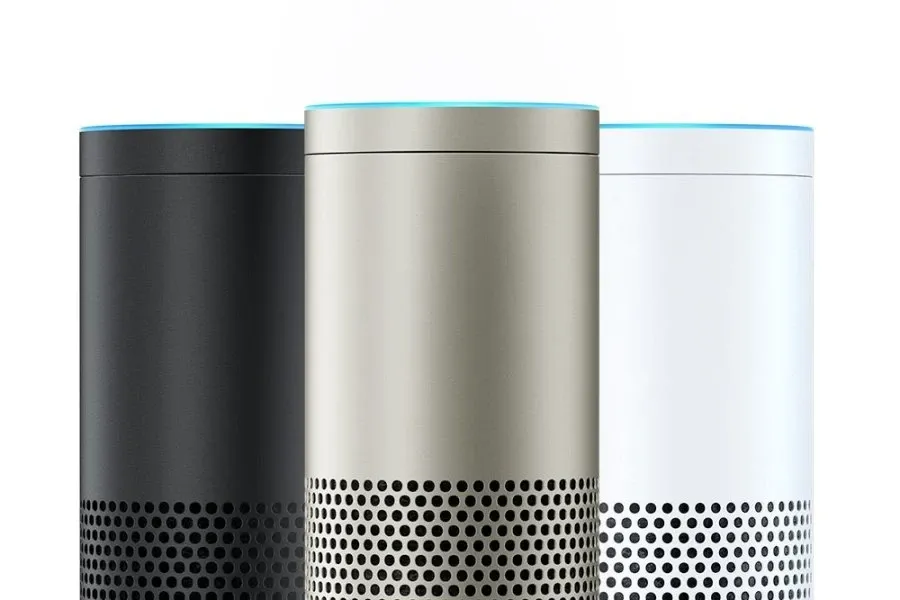Embedded Finance Market to Surpass $228 Billion by 2028
A new study from Juniper Research has found that by 2028, embedded finance revenue will increase 148%, from $92 billion in 2024 to $228 billion in 2028.

End-user spending for the worldwide virtual personal assistant (VPA)-enabled wireless speaker market is forecast to reach $3.52 billion by 2021, up from $0.72 billion in 2016, according to Gartner.
"The market for VPA-enabled wireless speakers, such as the Amazon Echo devices and Google Home, is expanding rapidly with more vendors, device types and use cases," said Werner Goertz, research director at Gartner. "We expect a temporary slowing of growth in 2018, as other devices, such as lighting systems, hubs and Wi-Fi mesh devices, adopt VPA functionality, especially in connected home scenarios.
Beginning in 2019, third-generation VPA speaker products will start shipping with some artificial intelligence (AI) functions running on the device rather than in the cloud. Gartner expects these AI-enabled VPA speakers to use edge-device, machine-learning capabilities to enhance latency, alleviate privacy/security issues and utilize bandwidth more efficiently.
Although the VPA speaker is currently thought of as a consumer device, in 2019, starting with the hospitality and remote healthcare industries, enterprise adoption will drive further market growth through a fragmented portfolio of specialist devices.
"In healthcare, remote diagnostics and elder care applications will be enabled by VPA speakers. The cost of hardware and services will, at least in part, be subsidized by healthcare ecosystem partners who are likely to gain substantial efficiencies, and encourage patient adoption," said Ranjit Atwal, research director at Gartner.
"Specialist VPA speakers with custom-made hardware and software configurations will roll out in the retail sector in 2020 and beyond. New self-service, voice-based shopping and payment experiences will be enabled, reducing friction in the bricks-and-mortar as well as e-commerce shopping environments.
"Concurrent with the introduction of the Amazon Echo in 2014 were reports about personal devices 'snooping' on private conversations in the home," said Goertz. "Understandably, consumers raised concerns about intrusions into private conversations.
Although concerns over privacy have little technical merit, the device has no processing capability unless the trigger word is recognized, market psychology is a current obstacle. Gartner believes that by 2020, such concerns will have largely been mitigated through educational efforts, adoption by peers and regulatory approvals of the device category. By that time, lingering concerns will be confined to a percentage of the market that is small enough to be insignificant.